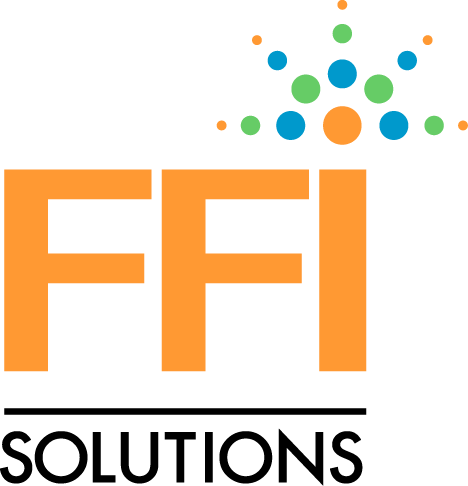
As university campuses across the United States spring back to life this fall, endowment managers find themselves at a crossroads, facing a landscape markedly different from just a year ago. The evolving narrative around Environmental, Social, and Governance (ESG) investing, coupled with geopolitical tensions and a resurgent fossil fuel sector, presents a complex set of challenges for those tasked with stewarding university assets.
The ESG Backlash: A New Reality
Asset managers and public pension funds have felt the effects of anti-ESG sentiment, with some major players like BlackRock overhauling their climate voting policies and others exiting initiatives like Climate Action 100+. While university endowments have more flexibility in their approach to sustainable investing, they are not immune from these pressures, particularly those state universities operating in red or purple regions of the country.
The polarized political climate has turned university investment decisions into potential flashpoints for controversy. The ongoing protests surrounding the war in Gaza on many campuses, echoing earlier fossil fuel divestment movements, underscore the balance endowments must strike between financial prudence and responsiveness to stakeholder concerns.
Fossil Fuel Resurgence and Peak Demand
Adding to this complexity is the recent backtracking by oil and gas companies on their climate and emissions reduction commitments. Emboldened by anti-ESG sentiment and buoyed by recent financial performance, many fossil fuel companies are doubling down on their core business.
The question for energy sector investors is starting to center not on whether or when demand for oil and gas will peak, but whether demand will plateau or decline. Despite the questions regarding full-cycle emissions, natural gas is likely to be part of the energy generation mix for decades as the incremental demand for electricity continues to outpace, albeit slightly, the rapid increase in renewables. The same cannot be said for oil. Despite the lagging U.S. activity, globally, EVs are displacing ICE vehicles in a way that is impacting oil demand. As global EV adoption accelerates, expect global oil demand to fall.
The Path Forward for University Endowments
We anticipate that divestment pressure from students and other university stakeholders will focus primarily, if not exclusively, on companies providing support to the Israeli military actions in Gaza. Endowment fiduciaries should not take potentially receding fossil fuel divestment pressure or the ESG backlash, as a free pass from positioning their portfolios for the risks posed by climate change.
The anti-ESG movement considers any action involving climate change to be taboo, regardless of whether the investor decisions are motivated by impact or financial objectives. This characterization is too broad-based and investors should understand the differences between using their portfolio to impact climate outcomes, and the actions required to position portfolios for climate risk. Decisions to use the portfolio to impact climate outcomes (e.g., divestment and shareholder engagement) are optional, and specific to an institution’s unique beliefs and objectives. But physical and transition risks associated with climate change can have a real adverse effect on asset values, and ,as such, decisions to consider the financial risks posed by climate change align with fiduciary duty.
We believe it is important for all endowments, especially those who have eschewed values alignment or impact goals, to not conflate those decisions with the no need to manage climate risks. Doing so Managing climate risks will require quantifying risks and allocating capital to managers with the requisite investment philosophies, analytic tools and expertise to integrate climate risk considerations into investment decisions.
As we emphasized in our 2023 Back to School blog, taking meaningful action on the risks posed by climate change remains crucial for endowments. While the path to doing so has become more nuanced and challenging, by staying laser-focused on their financial responsibilities, university endowments can continue to play a pivotal role in shaping a sustainable future, even in the face of today’s complex and often contradictory investment landscape.

Michael Palmieri
President
FFI Solutions

